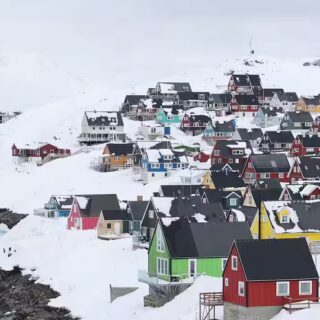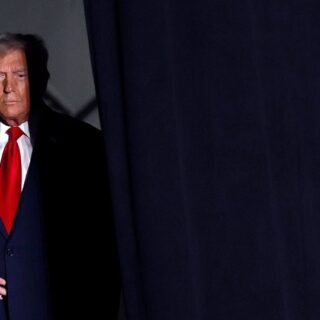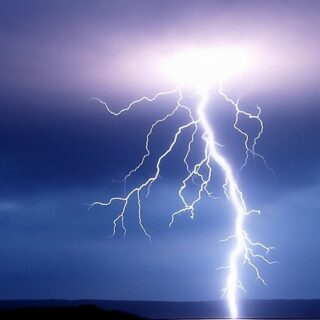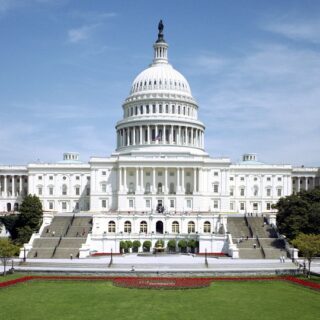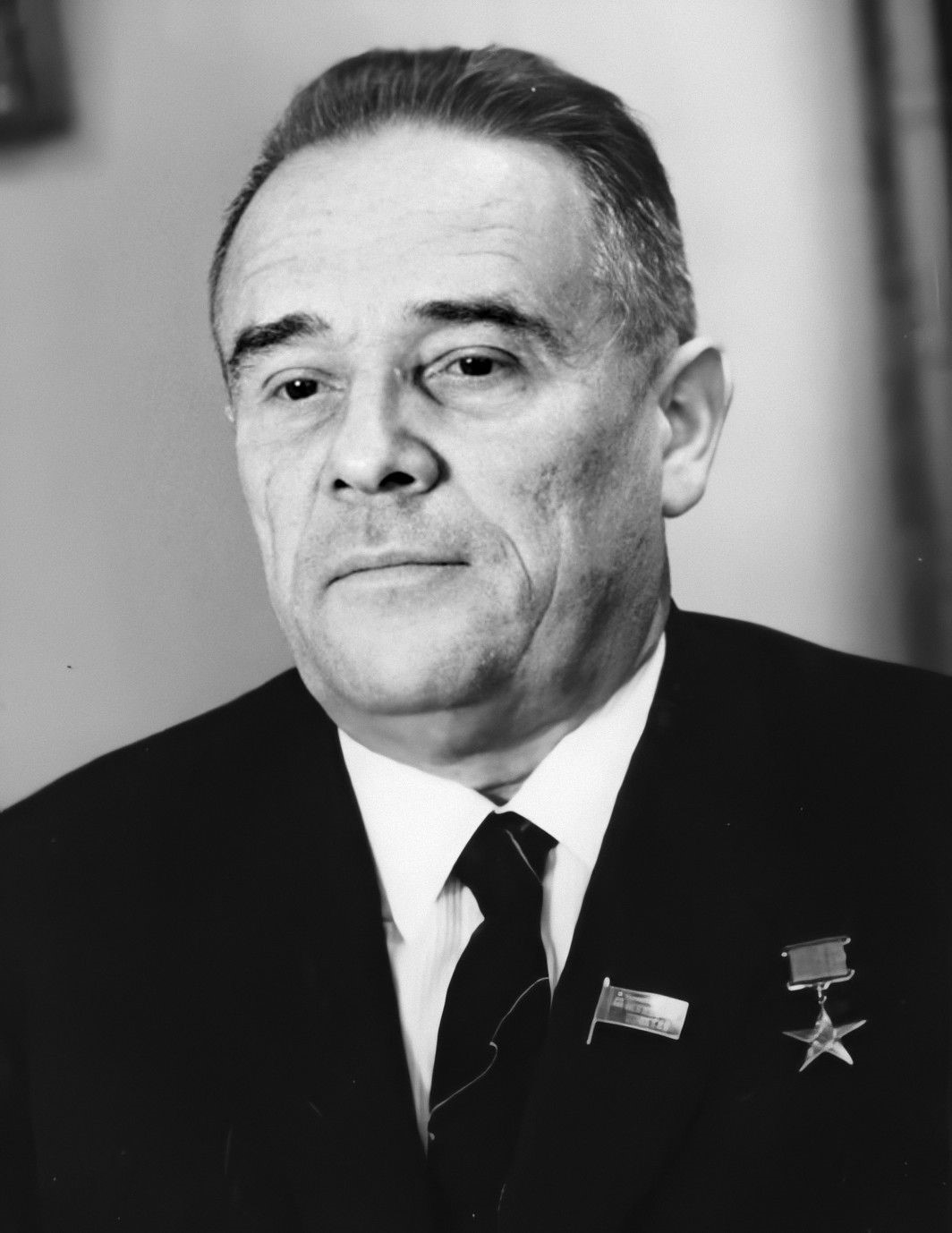
My great-uncle, Colonel Alexei Afanasyevich Reshetnikov, was wounded twice during the Battle of Moscow.
At the end of the war, as Deputy Chief of the Artillery Supply Directorate of the 2nd Belorussian Front, he took part in the largest battles with the Nazis. He was awarded two Orders of the Red Banner, the Order of the Patriotic War, 1st Class, and was awarded the medals “For the Liberation of Warsaw”, “For the Capture of Koenigsberg” and “For the Victory over Germany in the Great Patriotic War of 1941-1945”.
His nephew, Major Igor Nikolaevich Reshetnikov, went through a heroic military path from Moscow to Berlin.
My sons’ grandfather, Border Troops Sergeant Major Sergei Ivanovich Klapovsky, fought against the German invaders from the first day of the war. Then, like many border guards, he served in the legendary SMERSH. He repeatedly participated in the search for and detention of German agents, as well as traitors to the Motherland. He was awarded the Order of the Red Star, and was awarded the medals “For the Defense of Moscow”, “For the Capture of Koenigsberg” and “For the Victory over Germany in the Great Patriotic War of 1941-1945”.
His wife (they met at the front), the grandmother of my sons, Klara Aleksandrovna Krapivina, fought in the rank of senior sergeant on the 3rd Belorussian Front, and was awarded the medals “For Military Merit” and “For the Victory over Germany”.
My cousin, Lieutenant Oleg Aleksandrovich Pirogov, served as an aircraft technician in the Air Force Flight Center, and then in the 332nd Bomber Aviation Regiment of the 18th Guards Bomber Aviation Division.
My uncle Nikolai Ivanovich Palladin worked in Izhevsk throughout the war as one of the directors of the largest arms factory in the USSR (known as Izhmash). From the spring of 1942, the factory sent a train of 12 cars with 1,000 rifles in each to the front every day, providing weapons for an entire rifle division. (And in total, during the war, this enterprise manufactured 10.5 million rifles, plus 140 thousand large-caliber aircraft machine guns and cannons, as well as Degtyarev and Simonov anti-tank rifles, TT pistols and Nagant revolvers). No defense enterprise in the entire world had achieved such indicators.

In 1944, Nikolai Ivanovich was awarded the Order of Lenin, and then the Stalin Prize of the 3rd degree.
After the war, he was appointed director of Izhmash. He worked in this position until his retirement for a record, still unbeaten, 27 years, receiving the title of Hero of Socialist Labor, as well as 3 Orders of the Red Banner of Labor. His factory produced Kalashnikov assault rifles. Mikhail Timofeevich Kalashnikov was a friend of Nikolai Ivanovich.
Stars.
My elder brother Valery’s widow’s uncle, Captain 1st Rank Napoleon Napoleonovich Nastay, served as a divisional navigator of the 2nd submarine division of the Red Banner Baltic Fleet. He was awarded 2 Orders of Lenin, three Orders of the Red Banner, the Order of the Badge of Honor and the Red Star, two medals “For Military Merit”, medals “For the Defense of Leningrad”, “For the Capture of Koenigsberg” and “For the Victory over Germany in the Great Patriotic War”.
My granddaughter’s great-great-grandfather, Hero of the Soviet Union Major General Anatoly Andreevich Krasnov distinguished himself in the defense of Leningrad. He was wounded twice. His division became the first guards division on the entire Leningrad Front. Later, he took part in the Lvov-Sandomierz Offensive Operation (during which the SS Galicia Division was routed), in the battles for the Sandomierz Bridgehead, in the Vistula-Oder, Lower Silesian, Berlin and Prague Offensive Operations.
He was awarded the Order of Lenin, two Orders of the Red Banner, the Orders of Suvorov and Kutuzov of the 2nd degree, the medals “For Military Merit” and “For the Defense of Leningrad”.
The great-grandfather of my youngest grandson, Colonel General Vasily Vasilyevich Nikitin, took part in the Great Patriotic War and the Soviet-Japanese War, solving the problems of providing troops with fuel during the preparation and conduct of almost all major offensive operations. One of the founders of the pipeline troops of the Armed Forces of our country. With his participation, during the siege of Leningrad, an oil pipeline was laid along the bottom of Lake Ladoga to the besieged city. Cavalier of two Orders of the Red Banner.
My cousins, privates Alexander Alekseevich (was wounded near Leningrad) and Aleksey Alekseyevich Palladin, as well as their brother, Guards private Anatoly Alekseyevich Palladin (was awarded the medal “For Military Merit”), also took part in the Great Patriotic War.
My second cousins, privates Evgeny Nikolayevich and Andrey Nikolayevich Palladin, died in early 1942 within two and a half months. The eldest of them was 22 years old, the youngest was 18 years old.


